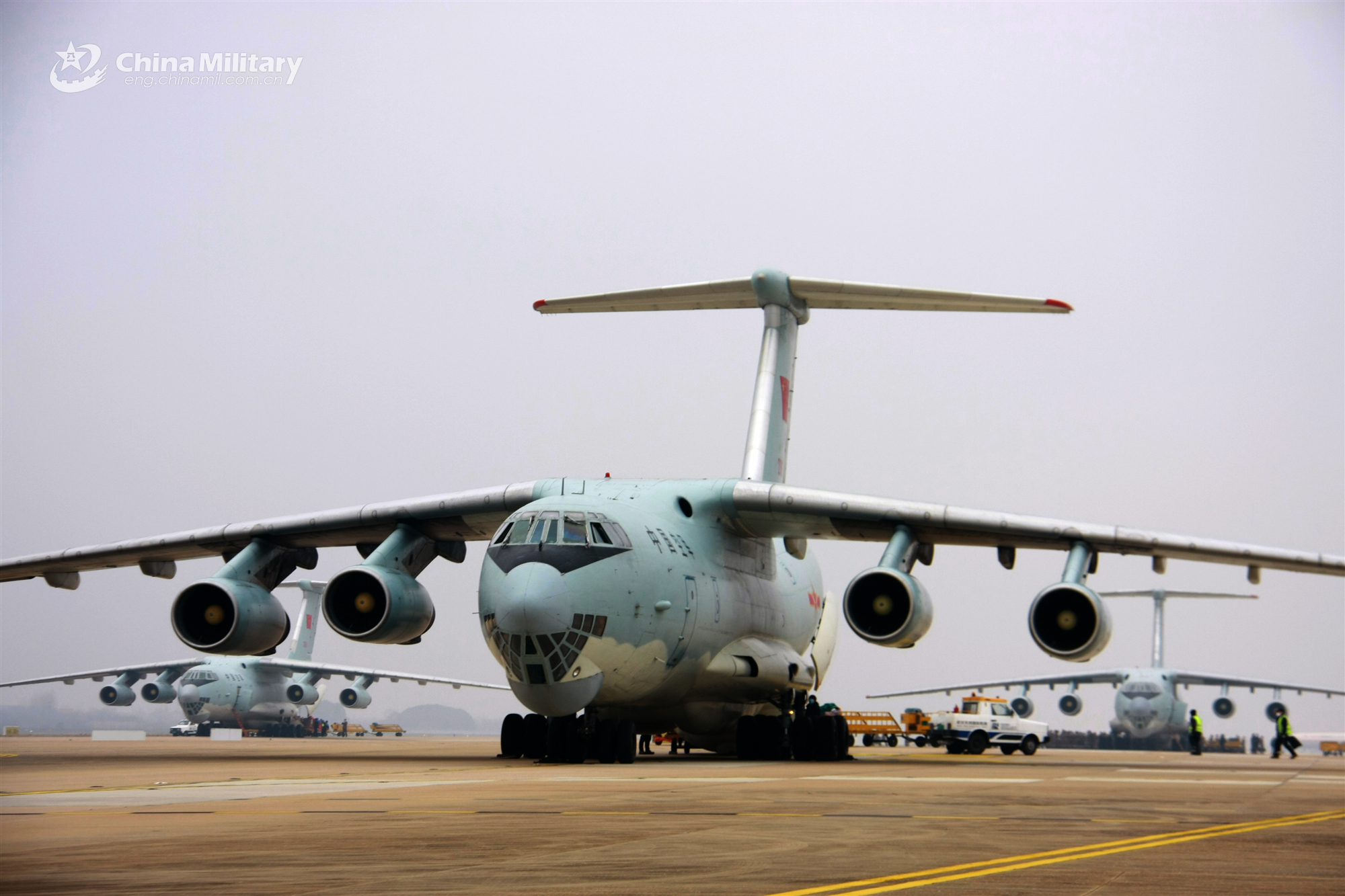
By Wu Min
BEIJING, May 26 -- "The fight against the COVID-19 epidemic is a test of the national mobilization in a real combat environment." Song Yuanjun, a deputy to the 13th National People’s Congress (NPC) and Commander of the Heilongjiang Corps under China's Armed Police Force (APF), believed that the military-civil joint prevention and control mechanism together with society-wide efforts to prevent and control the epidemic has played a critical role in defeating and preventing the virus, while also exposing some shortcomings and deficiencies at the same time. Therefore, it is necessary to explore the establishment of joint emergency management and command institution under military-civil cooperation to achieve unified command and dispatch of military and civilian emergency forces, and to improve the ability to respond to new-type security risks in an all-round way.
In this regard, Song Yuanjun put forward two suggestions.
First, the establishment and perfection of the military-civil information and command platform is a way to ensure the regular connection for the on-duty system to promptly notify emergency in areas under the jurisdiction, and to activate the emergency response mechanism accordingly. The platform functions to connect the military organs at the provincial, municipal, and county level with the corresponding local emergency management and command centers, achieving multi-channel information transmission, including voices, data, faxes, etc.
Second, he suggested setting up a unified production and supply system by both the military and the local government, and then optimizing its support capacity and regional layout. The implementation measures issued jointly by the military and local government can coordinate various links of production, demand, logistic, and distribution; and industrial and supply chains can thereby be built featuring independency and controllability, safety and reliability.
Besides, the infectious disease departments of local public health institutions and military hospitals could be relied on to build an emergency rescue system. The coordination and cooperation of military and civilian hospitals would be further promoted by carrying out professional and technical training in a progressive fashion, popularizing public health knowledge, and improving public health attainment, as suggested by Song Yuanjun.









